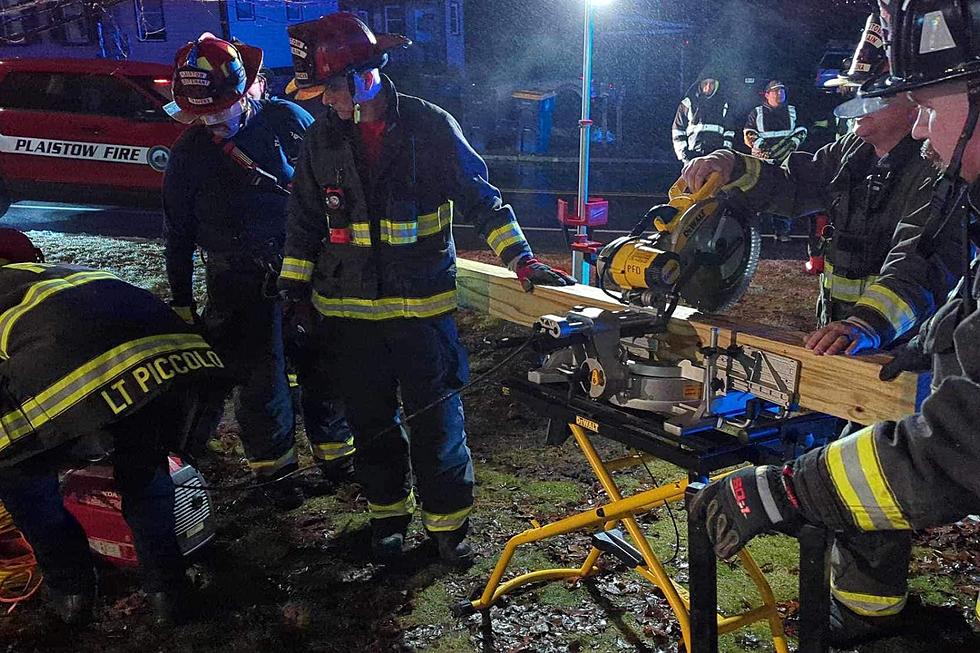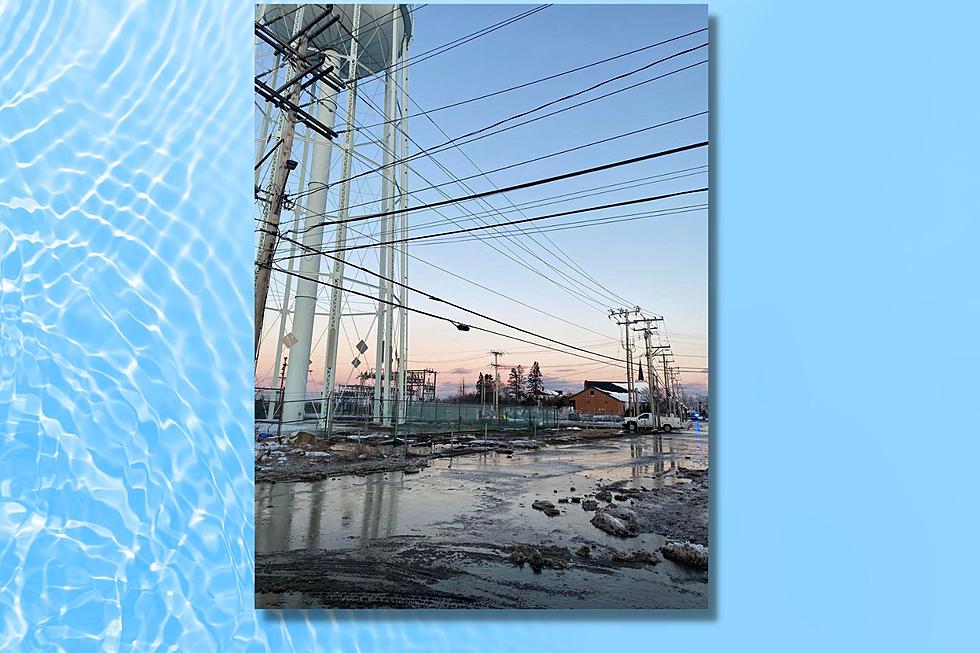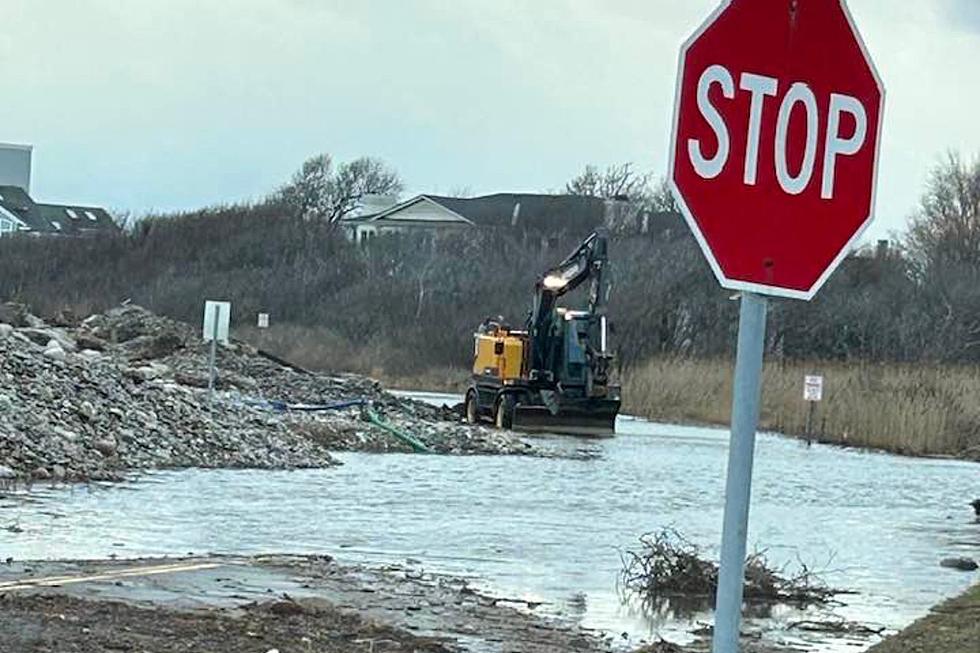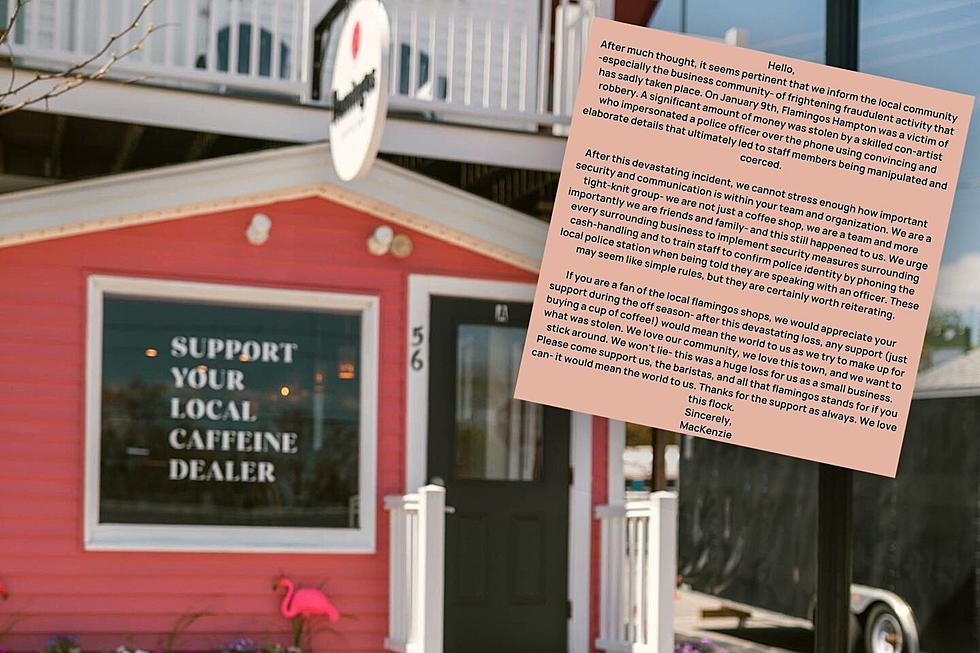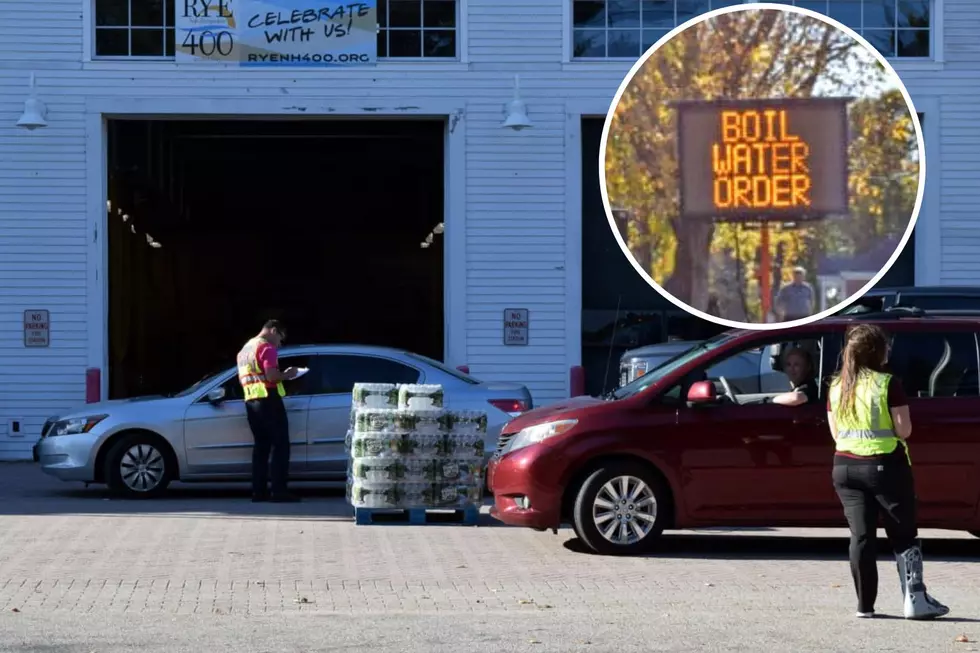
Rye, New Hampshire, Offers Free Water as Boil Water Order Continues
The Town of Rye handed out cases of water to residents in the Rye Water District as a boil water order is expected to cotinue for another week.
Members of the Rye Fire Department, Police Department, and Department of Public Works loaded cars up with 470 cases at the Rye Fire Station on Washington Road. The water will be available to residents daily from 3pm-7pm while the order is in effect. 3,000 residents out of the town's approximately 5,400 residents are under the order.
Proof of residency is required to receive one case at no cost.
“It was great to see all the town departments come together today to support the bottled water distribution and share this with the community. All available town resources went into planning this, and ensuring the needs of the residents were met,” Town Administrator Matthew Scruton said in a statement. "The Rye Water District staff continue working around the clock to resolve the drinking water concerns and ensure its safety for the public.”
Routine Testing Reveals Contamination
The order was implemented October 12 after higher than normal levels of e.Coli were present during routine tests at Breakfast Hill tank and two other locations, 1257 Washington Road and 235 Parsons Road. The order can be lifted after two consecutive days of samples test clean.
The source of the contamination has not yet been found.
After several unsuccessful days of testing, the water district has started its regular October system-wide chlorination. Once that standard flushing practice is complete at the end of next week, more testing will be done. District officials hope to lift the boil order by Saturday, October 29.
Boiling Water
The presence of E.coli could indicate contamination from human or animal waste that can make one sick, especially those with weakened immune systems. The bacteria may have gotten into the water from runoff created by heavy rain. It can also happen due to a break in the pipe or a failure in the water treatment process.
Short-term effects include diarrhea, cramps, nausea, headaches, or other symptoms. Infants, young children, and the elderly are at the greatest risk. Symptoms may appear as early as a few hours after ingestion to several days after infection, and can last more than two weeks.
- Water should be brought to a rolling boil for one minute.
- Even filtered water should be boiled, as most filters don't remove bacteria, according to the state Department of Environmental Services.
- Showering in unboiled water long as no water is swallowed. People who are immunocompromised should avoid showering in contaminated water.
- Dishwashers can be used if they have sanitizing cycles.
- Pets should be given pre-boiled or bottled water out of caution.
Contact reporter Dan Alexander at Dan.Alexander@townsquaremedia.com or via Twitter @DanAlexanderNH
These 8 New England Small Cities Are Among the Best in the Country
More From Seacoast Current

